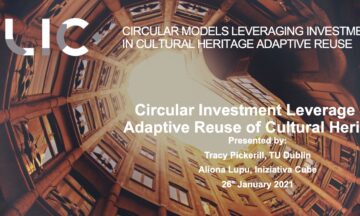
25Jan
Workshop on complementary sources of funding for cultural heritage
The Work Plan for Culture 2019-2022 invites the European Commission to organise workshops in order to identify new sources of funding for cultural heritage and transferable best practices in order to promote its economic sustainability. Additionally, this topic has been highlighted in the special report on “EU investments in cultural sites: a topic that deserves more focus and coordination”, by the European Court of Auditors recommending that the European Commission “encourages the use of private funds to safeguard Europe’s cultural heritage”.
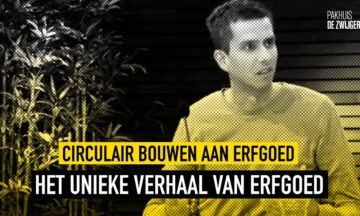
24Nov
Circular heritage buildings: the unique story of heritage
The “Circulair bouwen aan erfgoed: het unieke verhaal van erfgoed \ Circular heritage buildings: the unique story of heritage” was a debate and talkshow organized by Pakhuis de Zwijger in Amsterdam on November 24th, 2020. The aim of the program has been to discuss the opportunities and challenges in making heritage more sustainable and circular.
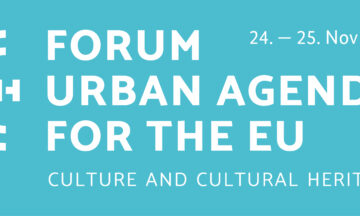
24Nov
CLIC participation at Urban Agenda for the EU – Partnership on Culture and Cultural Heritage
On 24th November 2020, CLIC project was presented at the Breakout session of the Digital Forum Urban Agenda for the EU “Culture and Cultural Heritage in Europe – strengthen – promote – develop”.
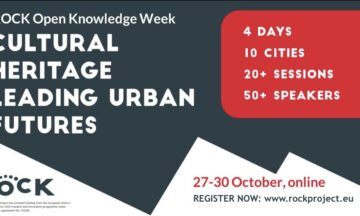
23Oct
Cultural Heritage Leading Urban Futures: CLIC at the ROCK Open Knowledge Week
The CLIC project is more than happy to participate in the Open Knowledge Week “Cultural Heritage Leading Urban Futures”, a virtual conference for city officers, policy-makers, urban researchers, cultural actors and civic changemakers.
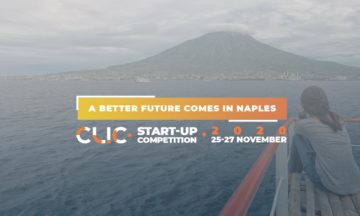
15Jul
Spread your talent with CLIC Startup Competition
Great news coming for innovative entrepreneurs! We are thrilled to launch CLIC Startup Competition supporting and rewarding the most brilliant business ideas and promising startups in the field of cultural heritage adaptive reuse inspired to the circular economy principles. The aim of the initiative is to promote a more sustainable, resilient and fairer development, based on the regeneration of cultural and natural assets through the enhancement of the most important capital we have: people!
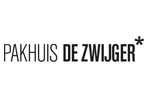
07May
HIP Local stakeholder session organised by Pakhuis de Zwijger – Amsterdam
Following a stakeholder mapping in the Amsterdam region, Pakhuis de Zwijger organised an online expert meeting for local community building on sustainable and circular adaptive reuse of cultural heritage.
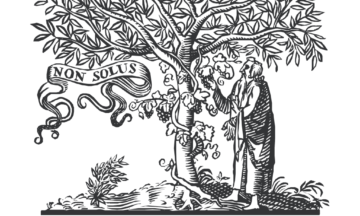
20Mar
Circular economy strategies for adaptive reuse of cultural heritage buildings to reduce environmental impacts
We are happy to announce that the article Circular economy strategies for adaptive reuse of cultural heritage buildings to reduce environmental impacts by Gillian Foster from CLIC Partner WU – Vienna University of Economics and Business, won the February 2020 Elsevier Atlas Award for “research that could significantly impact people’s lives around the world”.
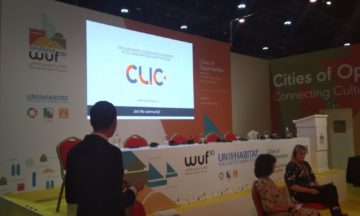
11Feb
CLIC at the World Urban Forum
CLIC was invited at the tenth session of the World Urban Forum, the most important conference on cities and human settlements organized and convened by UN-Habitat, which took place in Abu Dhabi from 8-13 February 2020. This edition was dedicated to “Cities of opportunities: Connecting Culture and Innovation” and was meant to show their key role in shaping a sustainable urbanization and driving prosperity and socio-economic opportunities for all.
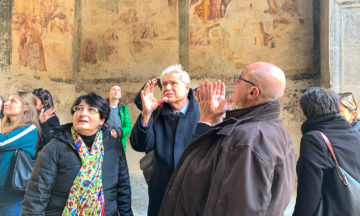
14Jan
Laboratory of Transdisciplinarity (LabT) in Naples
CLIC’s fourth Laboratory of Transdisciplinarity (LabT) was held in Naples from 14th to 16th January 2020. It was organized by IRISS CNR, Project Coordinator and leading on Work Package 2 Creating evidence base of cultural heritage impacts.
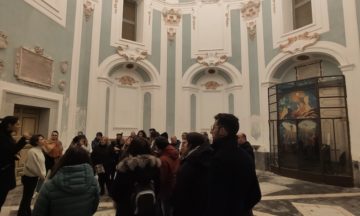
03Jan
Re.LIGHT | Lights on Cultural Heritage Guided “rediscovery” of Cultural Heritage in the historic centre of Salerno
The CLIC team, in collaboration with associations and companies of the Salerno area, has organized the event Re.LIGHT | Lights on Cultural Heritage consisting in a “heritage walk”, an alternative guided tour within Luci d’ Artista 2019/2020 to rediscover and light up the abandoned, underused and reused historical-cultural places, for too long “darkened” in the consciousness of the citizens of Salerno, “bringing to light” the experiences of reuse and enhancement of the tangible and intangible cultural heritage that have started-up ‘culture-led’ urban regeneration processes.
